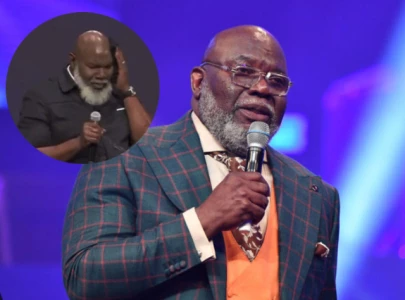
As I look forward to meeting friends on this Eid, I cannot help but feel a sense of anxiety. Like other places, the Pakistanis in my network are passionately reacting to the political changes in the country. So far, they are finding it hard to keep their tempers in check. The language used by many, mirroring what I have seen in Pakistan, is the most vulgar and crass I have ever seen or heard. I am troubled because those who have known each other for years, and have enjoyed deep bonds of friendship are accusing each other of being traitors or members of a fascist cult. Those who know better are willing to sacrifice years of friendship and trust in an angry outburst. This was all in Ramzan, I worry what might happen when people may let down their guard even further and come face to face. I know that this is not just a phenomenon in my own network. Friends and family in Pakistan tell me of similar polarisation and rupture of sacred bonds that should be above partisan politics.
Many of us in the US have seen this happen during the Trump years. It had become impossible for many to hold family dinners, or to spend time together. Thanksgiving became a shouting match, and the idea of spending time with friends from the opposite side of political ideology was a nightmare. But was it worth it? Was one side able to convince the other? The consequence, unfortunately, was not a rational discussion or seeing the viewpoint of the other side. On the contrary, it created near permanent tears in the social fabric.
Here my argument is not about being oblivious to the political situation. Quite the opposite. I believe that historically not enough people have engaged in the political process, resulting in a system that is rotten and run by those who do not consider themselves accountable to the public. My argument is more about how we argue, and what we prioritise. Here, I would point to two approaches. The first is the philosophy of dialogue pioneered by the 20th century philosopher Martin Buber who emphasised the importance of active and attentive listening, and esteeming the other in a dialogue. Dialogue, by Buber, is a turning toward another. It is a fundamental acknowledgement of the uniqueness of the other person, and recognising them as a whole, not merely a reflection of their argument.
The other approach, as mentioned by Arthur Brooks in a recent Atlantic article concerns what we want when we argue. According to Brooks, too often when we argue, we do so with an intent to defeat, not to convince. We speak with a desire to land a punch, not to win the heart. We are more interested in sharp one-liners than in thoughtful, ethical and respectful arguments. His approach to tackle our own impulse in bringing down the other is to present an argument not as a punch, but as a gift — done so with humility and respect.
Let us do a thought experiment. If any one of us, who is a passionate advocate for their party, were to disappear — it would make no difference to those in whose name we fight and argue. They would feel no sense of loss. But in that heated moment, if we lose those whom we love, and who love us, one day we will realise that we lost a lot.
The reason I am troubled by the polarisation is not simply because of what it is doing to our bonds in society, but also when this is happening. Covid-19 has created immense loneliness. Mental health problems are on the rise. Depression incidents are common among people of all ages. A significant part of this is isolation and losing the human touch. Heated political arguments at this stage, that lead to severing our bonds with our loved ones, will increase our isolation further and undo what little we have been able to save, preserve and restore.
Published in The Express Tribune, May 3rd, 2022.
Like Opinion & Editorial on Facebook, follow @ETOpEd on Twitter to receive all updates on all our daily pieces.


1723278472-0/BeFunky-collage-(4)1723278472-0-165x106.webp)


1719564405-0/BeFunky-collage-(19)1719564405-0-165x106.webp)







COMMENTS (1)
Comments are moderated and generally will be posted if they are on-topic and not abusive.
For more information, please see our Comments FAQ